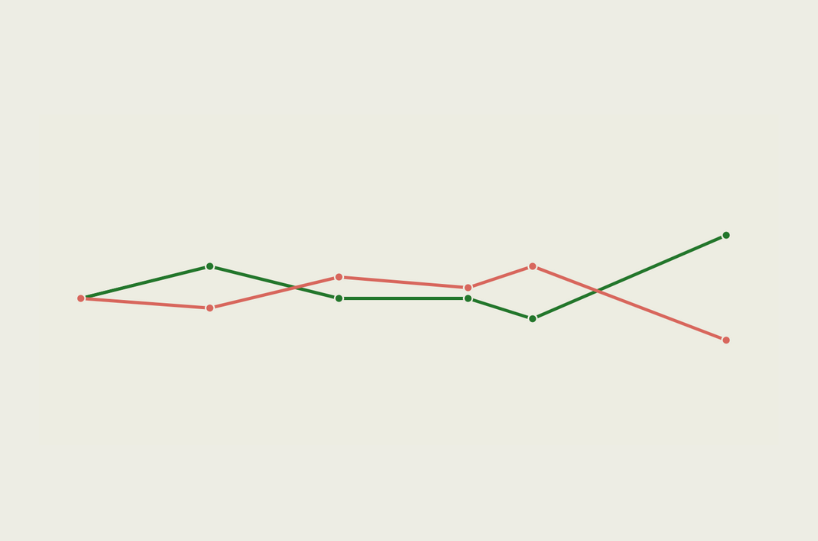Boric and Kast Head to Chile's Presidential Runoff
Boric and Kast Head to Chile's Presidential Runoff
The two polar-opposite candidates will try to woo voters from the center ahead of the December 19 second-round vote.
Updated November 29 — When it comes to the first-round winners, the polls got it right. On November 21, Chileans sent the two presidential candidates at the top of surveys into the runoff: the right-wing hardliner José Antonio Kast, who got 27.9 percent of the vote on Sunday, and the left-wing Gabriel Boric, who picked up 25.8 percent of the vote, with 99.9 percent of precincts reporting.
The biggest surprise in the presidential race wasn’t the top two placements, but rather how the also-rans played out. Wild card Franco Parisi edged out the right-wing governing coalition’s Sebastián Sichel by less than a thousand votes to claim third place with 12.8 percent of the vote—despite having carried out his entire campaign from Birmingham, Alabama. Per media reports, Parisi owes $249,000 in child support and alimony, and a family court in Santiago has an outstanding order that would prevent him from leaving Chile if he were to return. (Parisi denies this is the reason why he hasn’t set foot in Chile since 2020.) Center-left Senator Yasna Provoste came in fifth with 11.6 percent, Marco Enríquez-Ominami was sixth with 7.6 percent, and far-left Eduardo Artés landed last with 1.5 percent.
We look at top candidates’ stances on immigration, inflation, pensions, and more.
In 2021, ten countries in Latin America hold elections—five of them presidential contests—while reeling from the pandemic's devastating impact.











